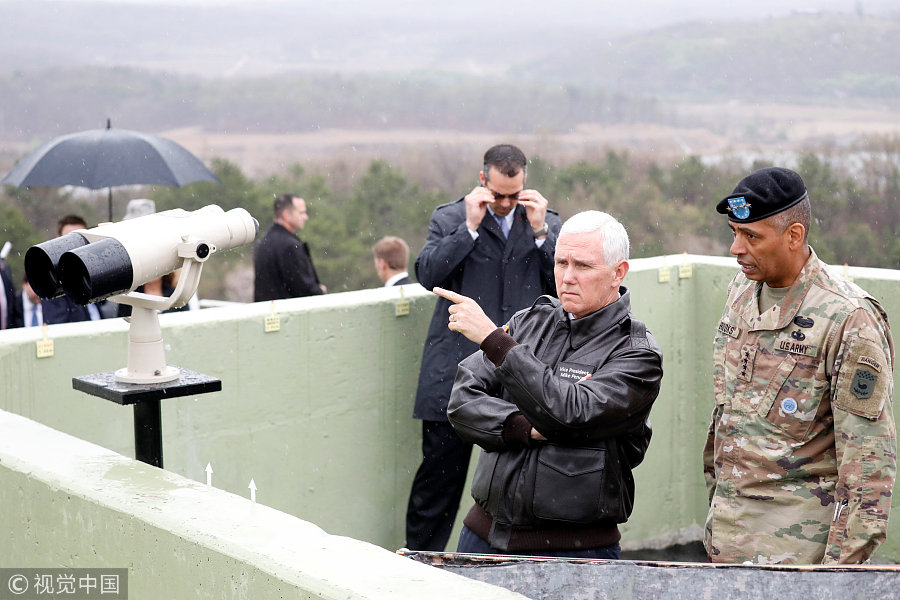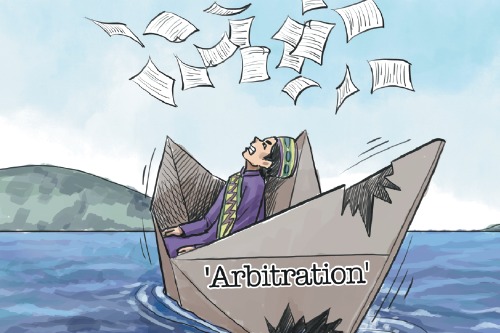Vancouver Group sows discord with its strong-arm approach


The so-called Vancouver Group, formed by more than a dozen countries that fought in the Korean War, claims the lofty goal of "strengthening diplomatic efforts toward denuclearizing the Korean Peninsula". But the foreign ministers meeting Canada and the United States are co-hosting is anything but conducive to advancing that claimed goal.
A diplomatic solution to the nuclear/missile crisis and ultimate denuclearization of the Korean Peninsula is best for all. And Beijing, for one, has been a steadfast advocate of diplomacy, and welcomes all endeavors oriented at a peaceful resolution.
The Vancouver event, however, is a poorly conceived gathering that will prove counter-productive to that end.
Judging from what has been said and heard, an important, if not central, topic is to be mounting additional pressure on the Democratic People's Republic of Korea via further international sanctions. This is based on the assumption that the United Nations-imposed sanctions have worked and pressed DPRK leader Kim Jong-un to seek a thaw in inter-Korean ties.
Yet at a moment when Pyongyang and Seoul are just beginning a rare detente and talking about further extending mutual goodwill, what good will rhetoric about further sanctions do? What message do they want to send? Can't talk about additional sanctions wait until Pyongyang makes another provocation? Its timing alone appears illogically inopportune.
Not to mention that both concerned insiders and outsiders have pointed out the limitations of the meeting because of the exclusion of China and Russia.
Rather than their absence, the Vancouver gathering is more about who is present — the countries represented are primarily those that sent troops to the Korean War as part of the "allied forces". Again, what is the message here?
It may be possible for a peaceful solution to be found without engaging Beijing or Moscow. Really, with Seoul and Pyongyang paving the way, who can exclude the likelihood of the US president talking with Kim?
But that remains a low probability. So what good does the gathering do since it merely polarizes stances?
While many suspect Kim is seeking to drive a wedge between Seoul and Washington with his olive branch to the former, Ottawa and Washington have taken a move of similarly divisive potential.
Instead of nipping in the bud the dialogue that needs carefully nurturing, the members of the Vancouver Group should be seeking diplomatic ways to help it flourish.


































